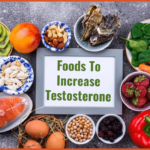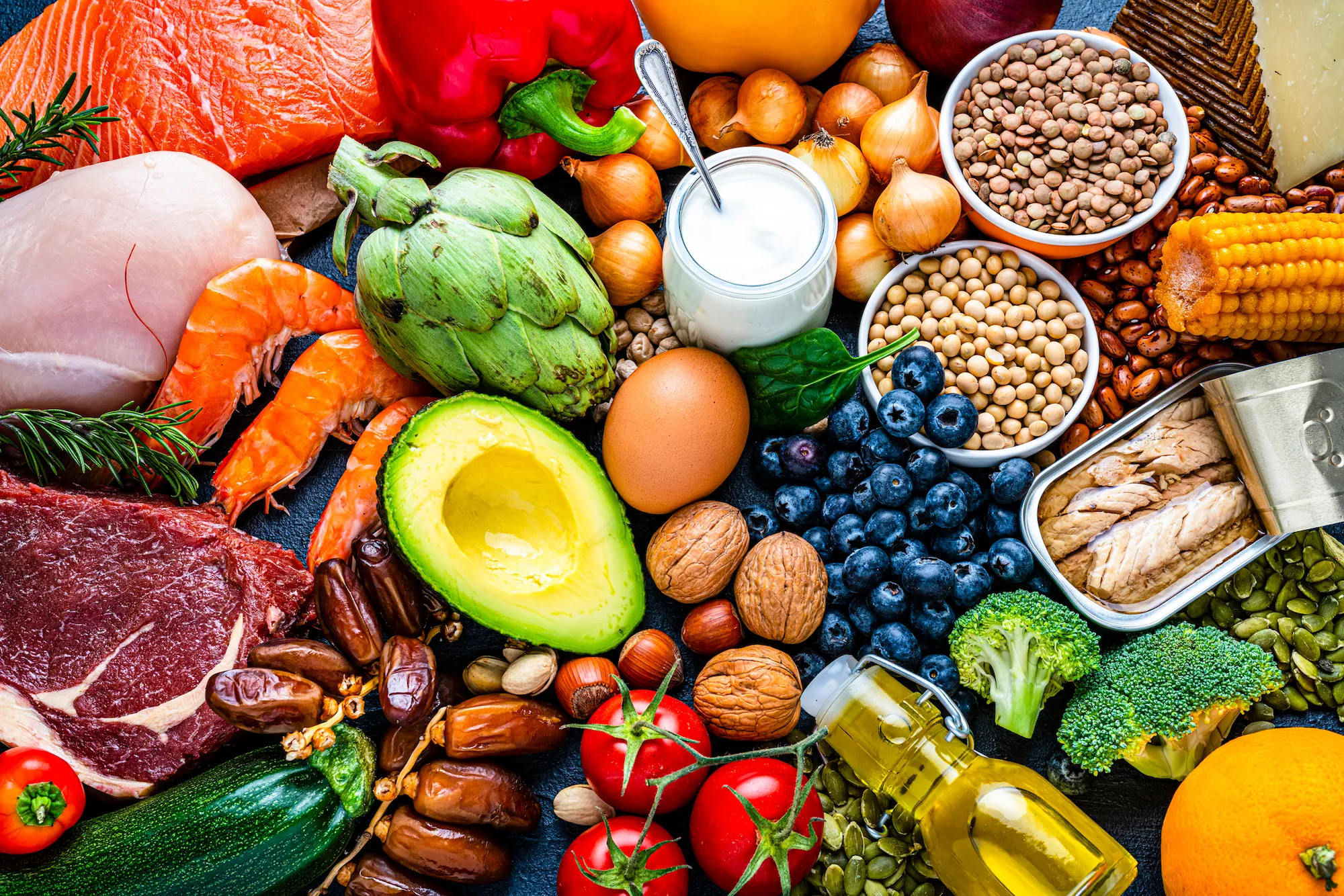Eating slowly offers several benefits for overall health and well-being. Here are some reasons why eating slowly is important:
- Improved digestion: Chewing food thoroughly and eating slowly aids in the digestion process. It allows for proper breakdown of food, making it easier for the body to absorb nutrients. Slow eating also helps in the secretion of digestive enzymes, leading to better digestion and nutrient absorption.
- Better portion control: Eating slowly gives your brain time to register feelings of fullness. It takes about 20 minutes for your brain to receive signals from your stomach that you’re satisfied. By eating slowly, you’re more likely to eat until you’re comfortably full, preventing overeating and promoting better portion control.
- Enhanced enjoyment of food: Eating slowly allows you to savor and enjoy your food. By taking the time to fully appreciate the flavors, textures, and aromas, you can have a more pleasurable eating experience. This can lead to a greater sense of satisfaction and reduce the tendency to overeat or indulge in unhealthy foods.
- Improved satiety and weight management: Slow eating promotes a feeling of fullness and satisfaction. By allowing yourself time to pace your meal, you’re more likely to feel satisfied with smaller portions and less likely to reach for additional snacks or desserts. This can contribute to better weight management and prevent unnecessary calorie intake.
- Enhanced mindfulness: Eating slowly encourages mindfulness and being present in the moment. When you eat slowly, you can focus on your food, appreciate the nourishment it provides, and pay attention to your body’s signals of hunger and fullness. This can support a healthier relationship with food and help prevent mindless or emotional eating.
- Reduction in digestive discomfort: Eating quickly and not chewing food enough can lead to digestive discomfort, such as bloating, gas, and indigestion. By taking the time to eat slowly and chew food thoroughly, you can reduce the likelihood of these discomforts and promote better gastrointestinal health.
- Better absorption of nutrients: Properly chewing your food and eating slowly allows for more efficient absorption of nutrients by the body. The digestive enzymes in saliva start the breakdown of carbohydrates, making it easier for the body to extract nutrients during digestion.
Remember, it may take some practice to make slow eating a habit. Pay attention to your eating pace, enjoy your meals, and strive to create a relaxed and mindful eating environment.












Just signed up to 67bet32. Seems legit! Hoping for some good wins! Will report back with my findings. If you wanna give it a spin yourself: 67bet32
Wondering if phwen25.com is legit? I played a round or two, and I can confidently say it is. It is a new gem for your enternainment. Feel free to explore it here phwen25!